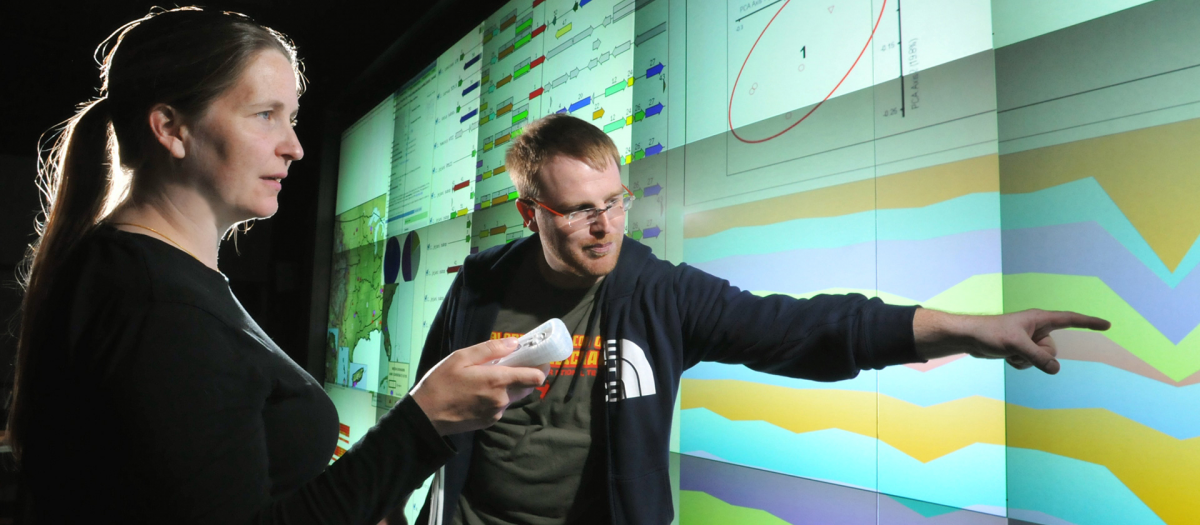Argonne National Laboratory
9700 South Cass Avenue
Building 446, Rm. A176
Lemont, IL 60439
USA
Technical contact:
Sarah Owens
630-252-2101
The Biosciences Division (BIO) Environmental Sample Preparation and Sequencing Facility (ESPSF) at Argonne National Laboratory is a state-of-the-art facility for nucleic acid extraction, library preparation, and ultra-high throughput sequencing. The core was established in 2007 at Argonne National Laboratory and is housed in Argonne's Computing, Environment and Life Sciences (CELS) directorate, providing world class computation power, software, and expertise critical to the acquisition, analysis, and interpretation of the unprecedented volume of genetic information being generated on next generation DNA sequencing platforms. The core provides resources and services to Argonne National Laboratory users, University of Chicago users, and to the broader scientific community (both US and abroad). ESPSF is involved in a wide range of scientific research from the sequencing of metagenomic samples to both 16S and 18S rRNA amplicon sequencing for microbial community analysis, and ITS sequencing for fungal community analysis. The ESPSF team helps users to determine the most efficient and cost effective approach to meet their research needs.
The ESPSF currently supports the Illumina HiSeq2000 and Illumina MiSeq for high-throughput sequencing. The Illumina HiSeq2000 generates over 6 billion reads at 100 bp in length per read resulting in over 600 Gb worth of data across sixteen lanes available per run. The Illumina MiSeq generates over 24 million reads at 150 bp, 250bp or 300bp in length per read resulting in over 3.6 Gb, 6.0 Gb or 7.2Gb worth of data available per run (over a single lane). Applications on both the Illumina HiSeq2000 and MiSeq include: shotgun metagenome sequencing; metatranscriptome sequencing; rRNA-based amplicon library sequencing; and genome sequencing and resequencing.
